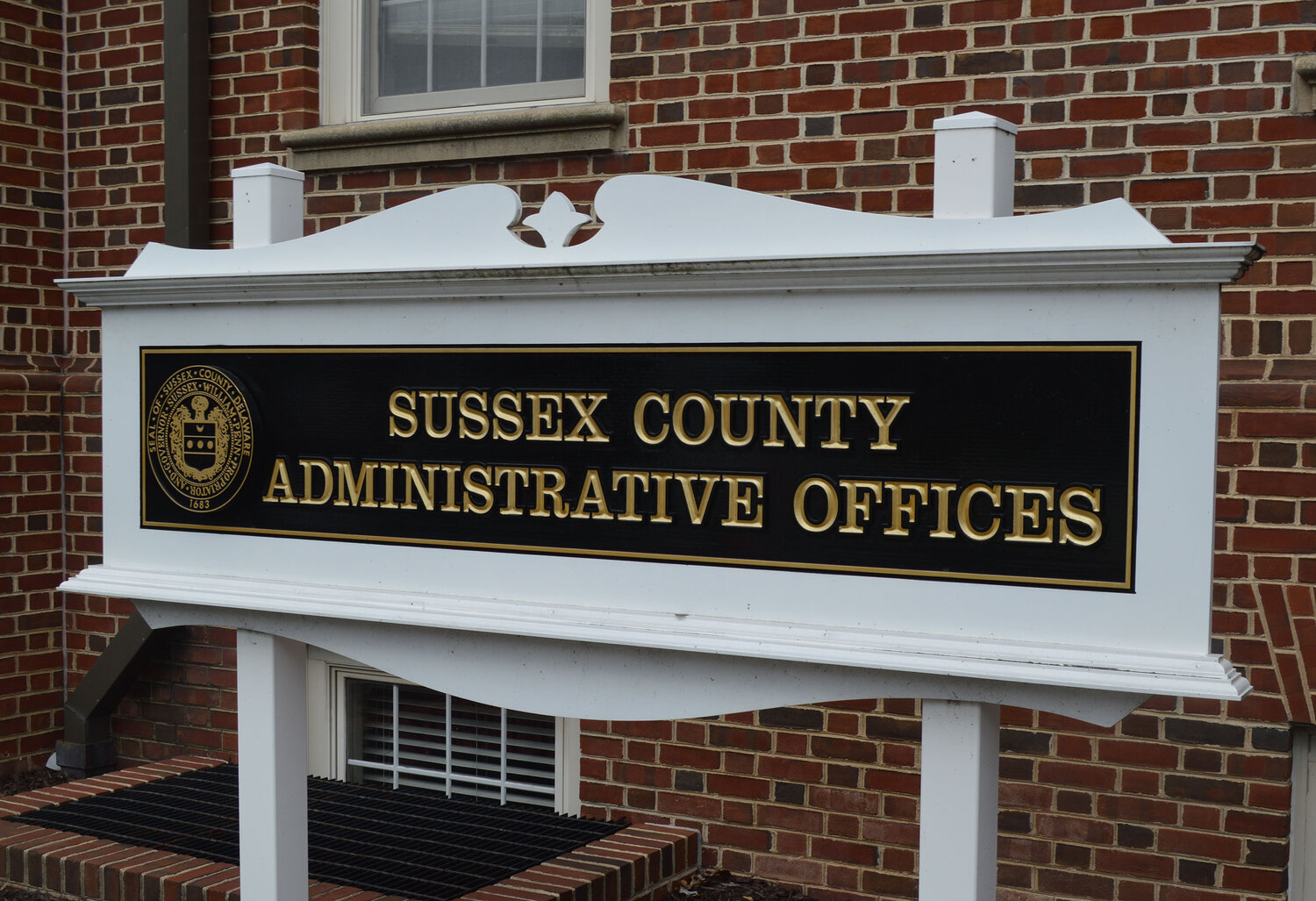Sussex council introduces marijuana ordinance
Sets limits on location, zoning; public hearings to follow
GEORGETOWN — Citing the reasoning the county would prefer to have a say in where marijuana cultivation, testing and retail operations locate between municipalities rather than let state …

You must be a member to read this story.
Join our family of readers for as little as $5 per month and support local, unbiased journalism.
Already a member? Log in to continue. Otherwise, follow the link below to join.
Please log in to continue |
Sussex council introduces marijuana ordinance
Sets limits on location, zoning; public hearings to follow
GEORGETOWN — Citing the reasoning the county would prefer to have a say in where marijuana cultivation, testing and retail operations locate between municipalities rather than let state regulations take over, the Sussex council introduced its first version of the ordinance to regulate cannabis businesses on Tuesday.
The ordinance, in draft form, now goes to the Planning and Zoning Commission for input before it returns to the county for public hearings. Several members of the council, and Sussex staff expressed their opinions the ordinance would see substantial changes after the public and various agencies have their say.
Last year’s HB2 established the structure for the marijuana industry in Delaware, including timelines. It also established Sussex municipalities can, if they wish, ban the business. Already, about a dozen have done so, according to Vince Robertson, assistant county attorney.
The same legislation prohibited the counties from doing so.
“The county can regulate them, but not prohibit them,” Mr. Robertson told the council.
Without an ordinance in place, a marijuana business could be located basically anywhere permissible in existing county code. As Sussex has a rich agricultural heritage and the county has never taken the steps to regulate what crops farmers grow, according to Mr. Robertson, that leads a lot of county land wide open.
In the proposed ordinance, only certain zoning designations would allow cannabis facilities, with those designations up for debate. The council will also consider whether to allow these businesses to operate by right – that is, without review or public hearing or if the firm would need to obtain some kind of zoning variance.
For now, the council is considering allowing cultivation and testing facilities to be allowed by right, since they are not open to the public, offer no retail sales and, due to the rules, can’t really be recognized from the outside.
It is not uncommon for zoning regulations to establish certain zoning codes allow certain uses without review or comment, so long as it meets county standards, which is called “by right.” If some kind of exception is required, each new business would need to appear before a series of boards and endure public comment before it could be allowed.
“So in accordance with HB2 we thought we would get out ahead of this and say where they should go and where they shouldn’t go,” he said.
Right now, the county is using a three-mile benchmark for retail operations.
“It’s three miles from any municipal boundary, and that was because we wanted to respect the decisions of the municipality. If they were going to prohibit this we didn’t want someone to make an end run around this and put it on a municipal boundary,” Mr. Robertson explained.
Other places retail marijuana establishments would need to be three miles away from: schools, churches, colleges, treatment centers, and to prevent bunching up, each other.
The ordinance will need to be adopted before July 5, 2024 before the state regulations take over, with the licensing application process expected to begin this fall.
Staff writer Brian Gilliland can be reached at 410-603-3737 or bg@iniusa.org.


 By
By 



